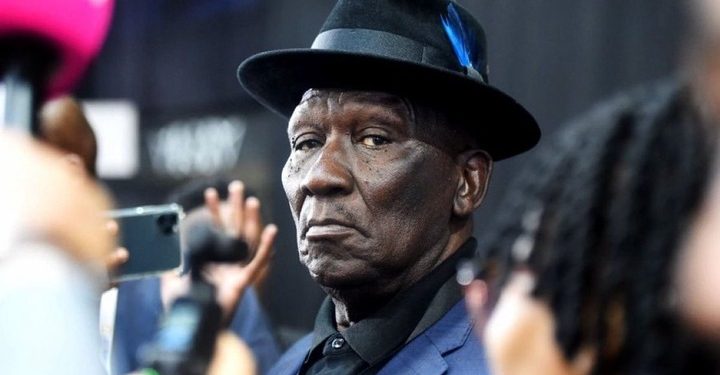Former Police Minister Bheki Cele has failed to respond to a formal invitation to testify before Parliament’s ad hoc committee probing explosive allegations made by KwaZulu-Natal Police Commissioner Lieutenant-General Nhlanhla Mkhwanazi. Committee chairperson Doris Dlakude confirmed on Thursday that Cele did not meet the 10 September deadline set for written confirmation of his attendance. The committee is investigating claims by Mkhwanazi that senior political figures interfered in operational policing matters in KwaZulu-Natal, undermining law enforcement and public trust. The committee extended every courtesy to the former minister, including a written invitation and a clear deadline, Dlakude said. His silence is disappointing and raises further questions about the seriousness of the allegations before us.
Cele, who served as Minister of Police from 2018 until the Government of National Unity reshuffle earlier this year, was expected to clarify his role in decisions allegedly affecting provincial policing strategies. Mkhwanazi, in earlier testimony, accused unnamed political leaders of exerting undue pressure on police operations, suggesting that interventions compromised crime-fighting efforts in the province. Parliament’s rules empower the ad hoc committee to summon witnesses who ignore formal invitations. Dlakude indicated that members will decide at their next sitting whether to issue a compulsory summons compelling Cele to appear. We remain committed to a transparent process,” she added. No individual is above parliamentary oversight.
Opposition parties were quick to criticise Cele’s absence. Democratic Alliance MP Andrew Whitfield said it reflects a pattern of evasion”l and urged the committee to enforce its mandate. The Economic Freedom Fighters echoed the call, insisting that accountability must not be negotiable. Cele’s office did not respond to repeated requests for comment. The inquiry, launched last month, has already heard testimony from senior police officials and internal oversight bodies. Its findings could influence future reforms in the relationship between political leadership and operational policing. With public concern mounting over crime levels and political interference, analysts warn that Cele’s refusal to engage risks further eroding confidence in South Africa’s policing and governance.






















